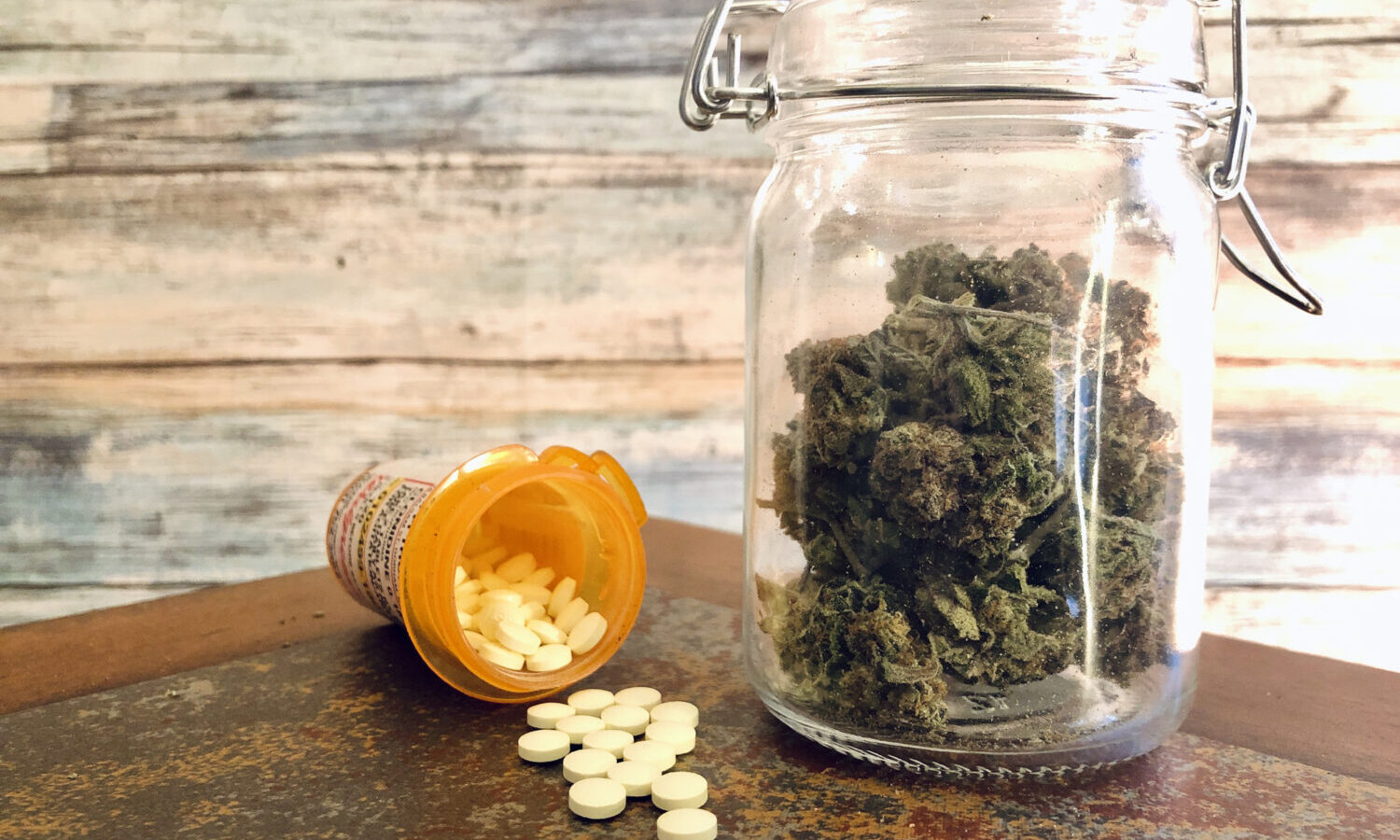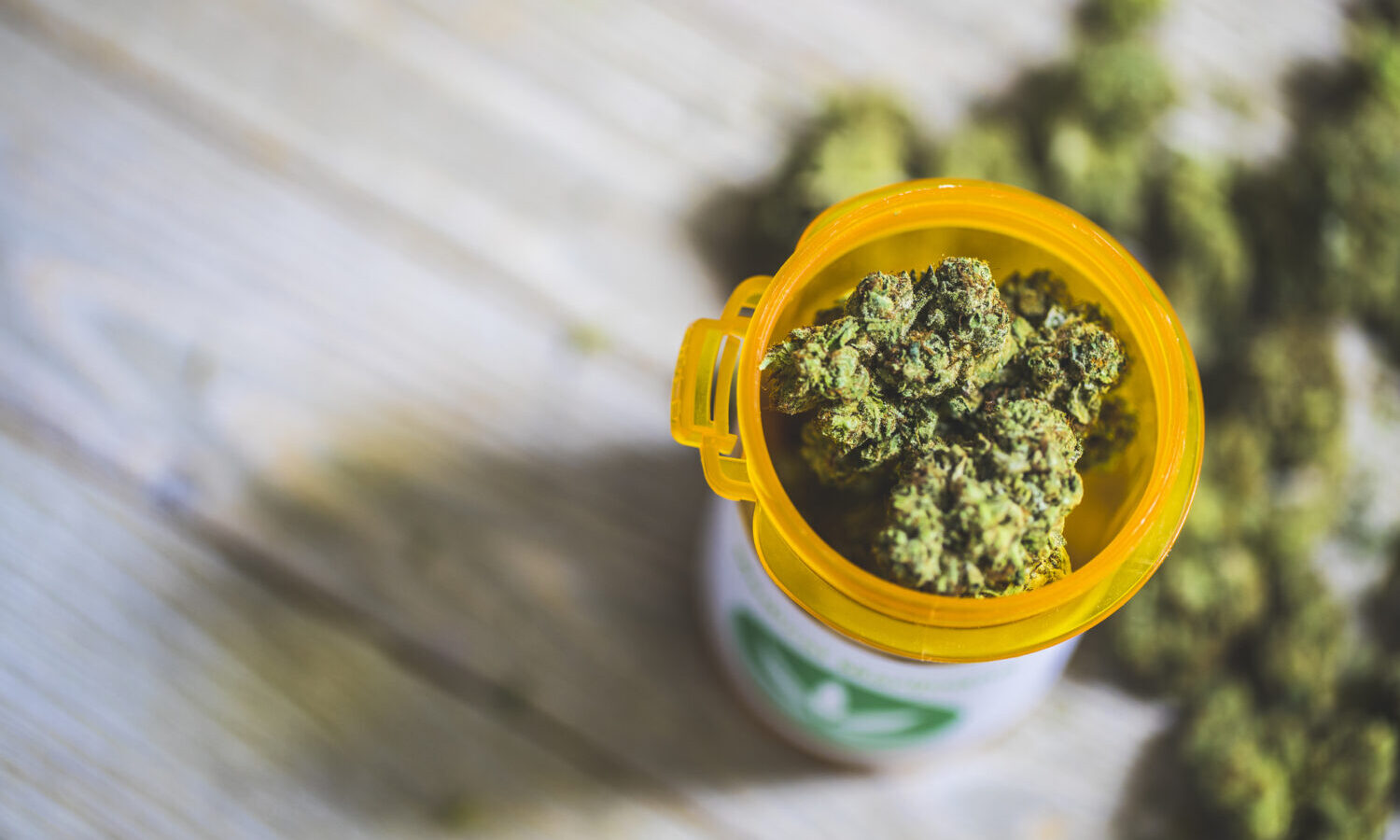In a recent interview, he expressed his finding that “people almost exclusively talk about their quality of life getting better when using cannabis as compared to opiates.”
In the field of medical cannabis, not many issues have been hotly debated as that of cannabis in relation to opioid addiction. (Is cannabis the ultimate exit drug for opioid addiction?) Given that millions of Americans are hooked on opioids and struggling to find an exit, the controversy is not surprising. Here his a physician’s advice on how to use cannabis to manage chronic pain.
For a number of years, a 2014 “review of death certificates” served as a landmark study proving that opioid-related overdose deaths were reduced in states with legal cannabis programs. This study has been cited time and again when the issue of cannabis and opioids comes up. However, a subsequent review showed that this correlation weakens when you look at studies extending beyond the 2014 period.
A 2017 study found a minimal reduction in opioid-related overdose deaths in states with legal adult-use cannabis programs. However, no significant correlation was observed in a 2020 study. While it appears that post-2014 evidence is jumbled up, having the right policies in place could significantly reduce opioid-related harms.
Peter Grinspoon is a medical doctor who is both a thought leader and pacesetter in the field of medical cannabis. He’s authored a book, “Free Refills,” that narrates his struggle with opioid addiction and how has been able to break free. His second book, “Seeing through the smoke,” is in the pipeline. He is an internist as well as a medical cannabis physician working at the Massachusetts General Hospital. He is also a Harvard Medical School instructor. He is an acclaimed speaker on matters of cannabis and addiction.

Speaking to Filter Magazine, he expressed his finding that “people almost exclusively talk about their quality of life getting better when using cannabis as compared to opiates.”
RELATED: Study: Cannabinoids (THC/CBD) Beat Opioids In Managing Chronic Pain
Dr. Grinspoon believes that medical cannabis is a solution to the opioid crisis and recommends the following strategies for recommending cannabis for chronic pain:
- Start new chronic pain patients on cannabis instead of offering NSAIDs or opioids to reduce the risk of adverse effects that come with long-term use of these drugs
- To gradually transition chronic pain patients from opioids to cannabis voluntarily
- To use cannabis and opioids together to manage chronic pain
- To use cannabis to manage opioid addiction
In 2020, there were 91,799 opioid-related overdose deaths in the United States. Other complications from opioids include bone thinning, physical dependence, and tolerance. While chronic cannabis use may also trigger physical dependence, it’s hardly ever problematic.
RELATED: If THC Percentage Doesn’t Matter, Why Not Just Smoke CBD?
Cannabis and opioids work on different systems in the body, but they have overlapping effects, especially analgesia. Cannabis, however, does not cause respiratory depression and hence the risk for cannabis-related overdose deaths is theoretically nil. For mild to moderate pain, opioids might be a safer and more effective alternative for pain management, especially when long-term care is in the picture. But again, qualified prescribing doctors are best placed to advise on a case-by-case basis.


